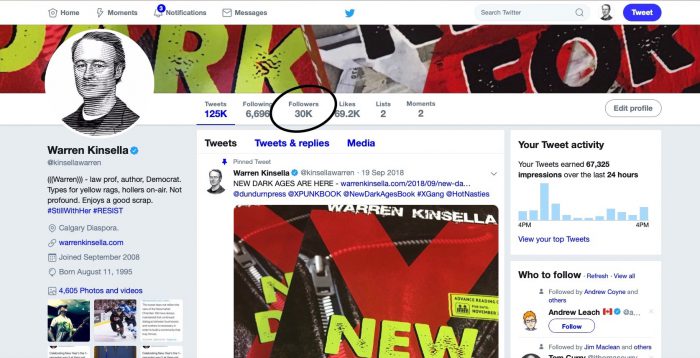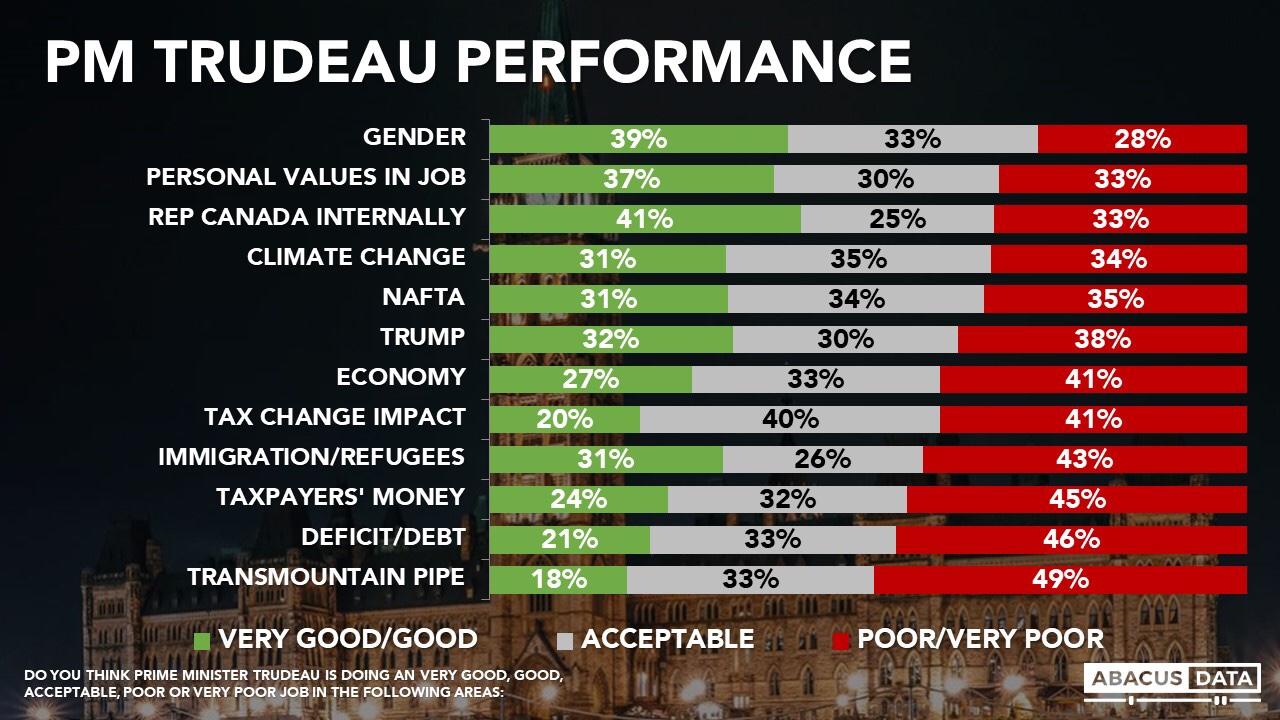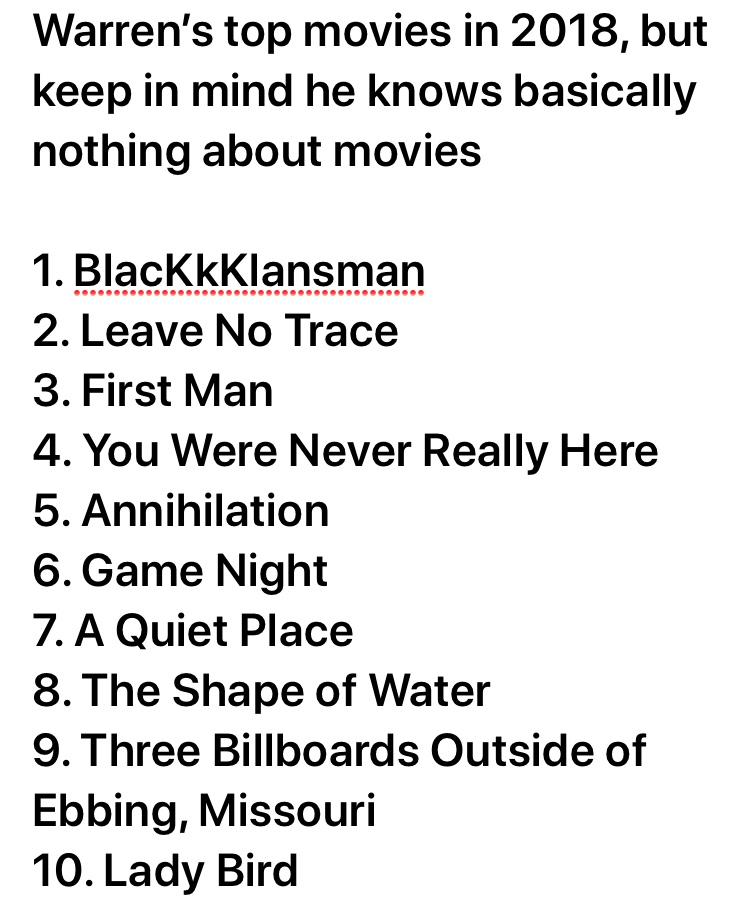Why Trump wins
The average human attention span was 12 seconds in 2000 and eight seconds in 2013. A drop of about 33 per cent.
Trump doesn’t merely understand this. He is this.
@realDonaldTrump is such a moron, such an unmitigated disaster in so many ways, it is easy to forget that he is the smartest guy around in one respect: he knows, better than anyone, that voters have an attention span of about six minutes. They move on. #USPolitics
— Warren Kinsella (@kinsellawarren) January 6, 2019



